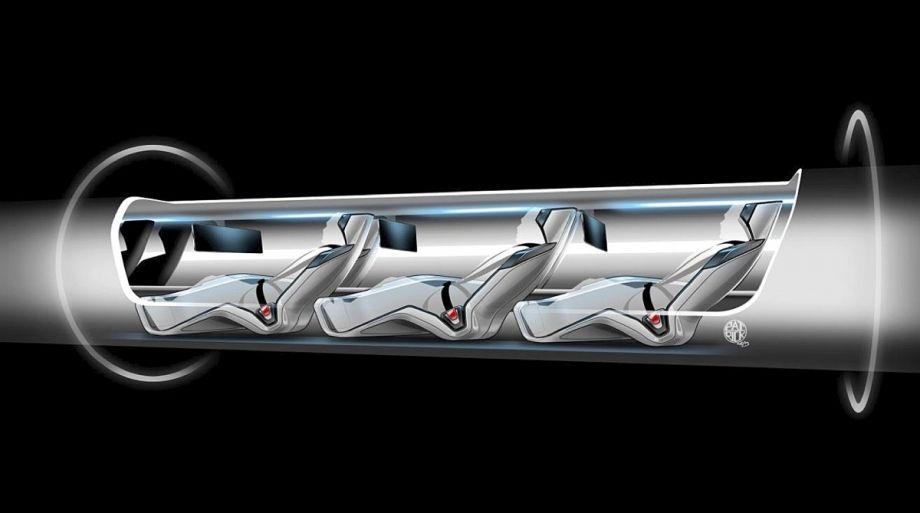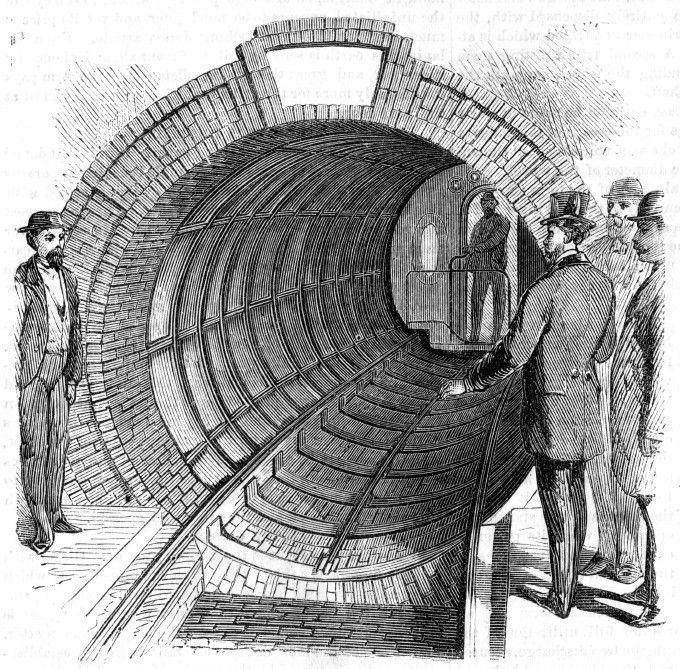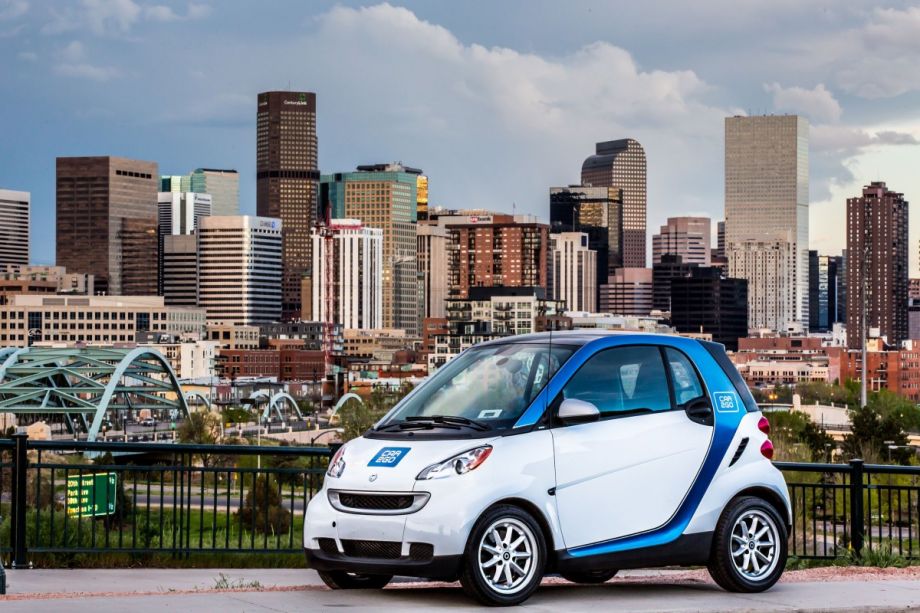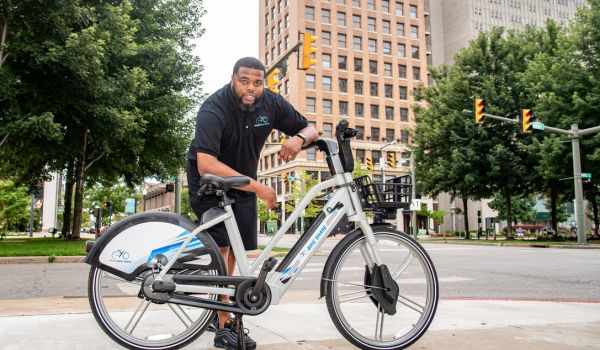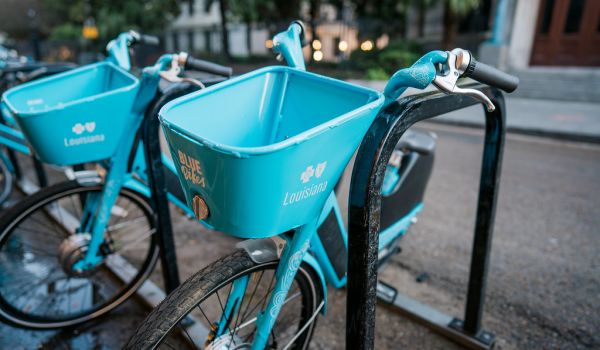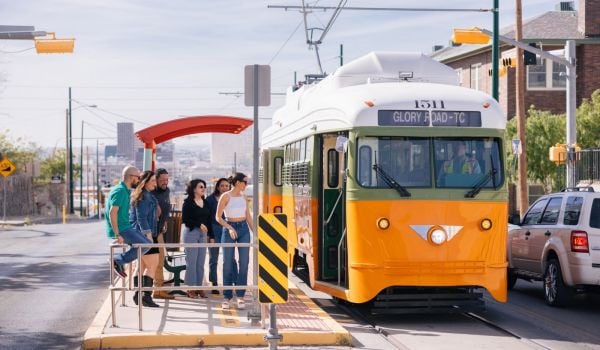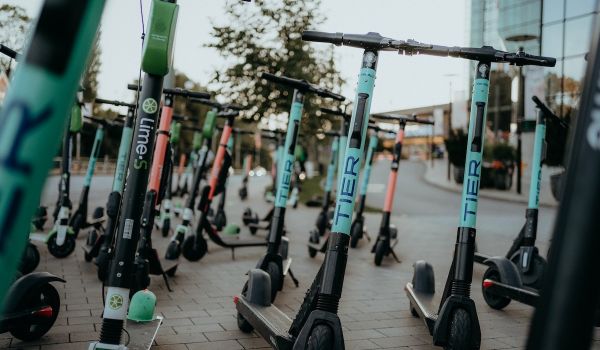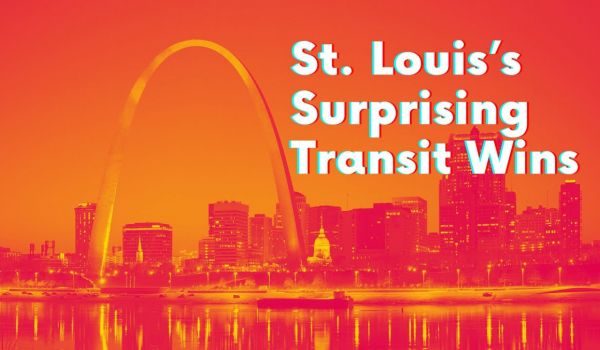As 2014 draws to a close, here’s a look back at some of the more notable developments on the transportation front this year.
Trend: Second Thoughts on Rail Transit
The year now drawing to a close was marked by several high-profile setbacks for rail transit projects either well underway or on the cusp of groundbreaking. The most notable of these was the Arlington County Board’s vote to cancel the Columbia Pike streetcar project shortly before work was scheduled to begin in earnest on the project. Officials in neighboring Fairfax County, who were counting on the streetcar to spark redevelopment of a commercial district at the county’s eastern edge, were particularly upset with the decision.
Voters in several other U.S. cities this year also rejected measures to increase taxes or expand taxing districts in order to build or extend light-rail lines based on arguments over cost. In Austin, a defeat was attributed (similarly to Arlington) to a campaign that argued the project “costs too much and does too little.”
In Kansas City, the rejection of an expanded streetcar taxing district has been interpreted as a protest from East Side residents dissatisfied with paying high taxes for lower-quality services in their predominantly black community despite the fact that the extensions proposed would have served the East Side. Supporters of light rail in both cities are now regrouping to consider whether and how to advance the projects.
Project: E.T., Ride Home
The latest in a series of attempts to build a new form of high-speed transport, one that relies on air pressure rather than friction to propel super-fast vehicles, is garnering plenty of attention on the U.S. West Coast.
Project: A Carless City Center?
Los Angeles has nothing on densely populated Paris when it comes to auto-generated air pollution: The city regularly experiences pollution alert days that trigger free rides on its public transportation system and alternate-day restrictions on auto use. The pollution arises in part from past government policy that favored the use of dirtier diesel-powered cars.
Paris Mayor Anne Hidalgo has put forth a proposal to radically cut down on Paris’ smog by banning all nonresident drivers from the city’s four central arrondissements. More specifically, the only vehicles allowed in this zone would be buses, bikes, taxis, and delivery and emergency vehicles, and cars owned by residents.
Hidalgo also proposes an experiment that would allow only ultra-low-emission vehicles on certain thoroughfares, including the famed Champs-Elysees.
Trend: The Shared-Vehicle Economy Spreads
This is another movement where Paris was an early adopter with its Vélib’ bike-sharing system, but this one has the advantage of being easy to implement with current infrastructure. Citywide bike-sharing networks have proved popular in every city where they have been implemented to date, and a growing number of cities have plans to institute citywide bike-sharing systems of their own.
The popularity of one-way bike-sharing has even begun to spread to the motorized realm, where round-trip car-sharing has cut down on car ownership in dense urban centers. Car2go, a Daimler-Benz subsidiary, offers a service in 31 cities worldwide where members can check out a car at one location, drive it to another, park it and go on their way. Rival Zipcar, the Avis Budget Group subsidiary that is the world’s largest car-sharing company, is also joining the movement with the launch of its one-way service, currently being tested with an eye toward rollout in several cities very soon.
The Works is made possible with the support of the Surdna Foundation.

Next City contributor Sandy Smith is the home and real estate editor at Philadelphia magazine. Over the years, his work has appeared in Hidden City Philadelphia, the Philadelphia Inquirer and other local and regional publications. His interest in cities stretches back to his youth in Kansas City, and his career in journalism and media relations extends back that far as well.
Follow Sandy .(JavaScript must be enabled to view this email address)


